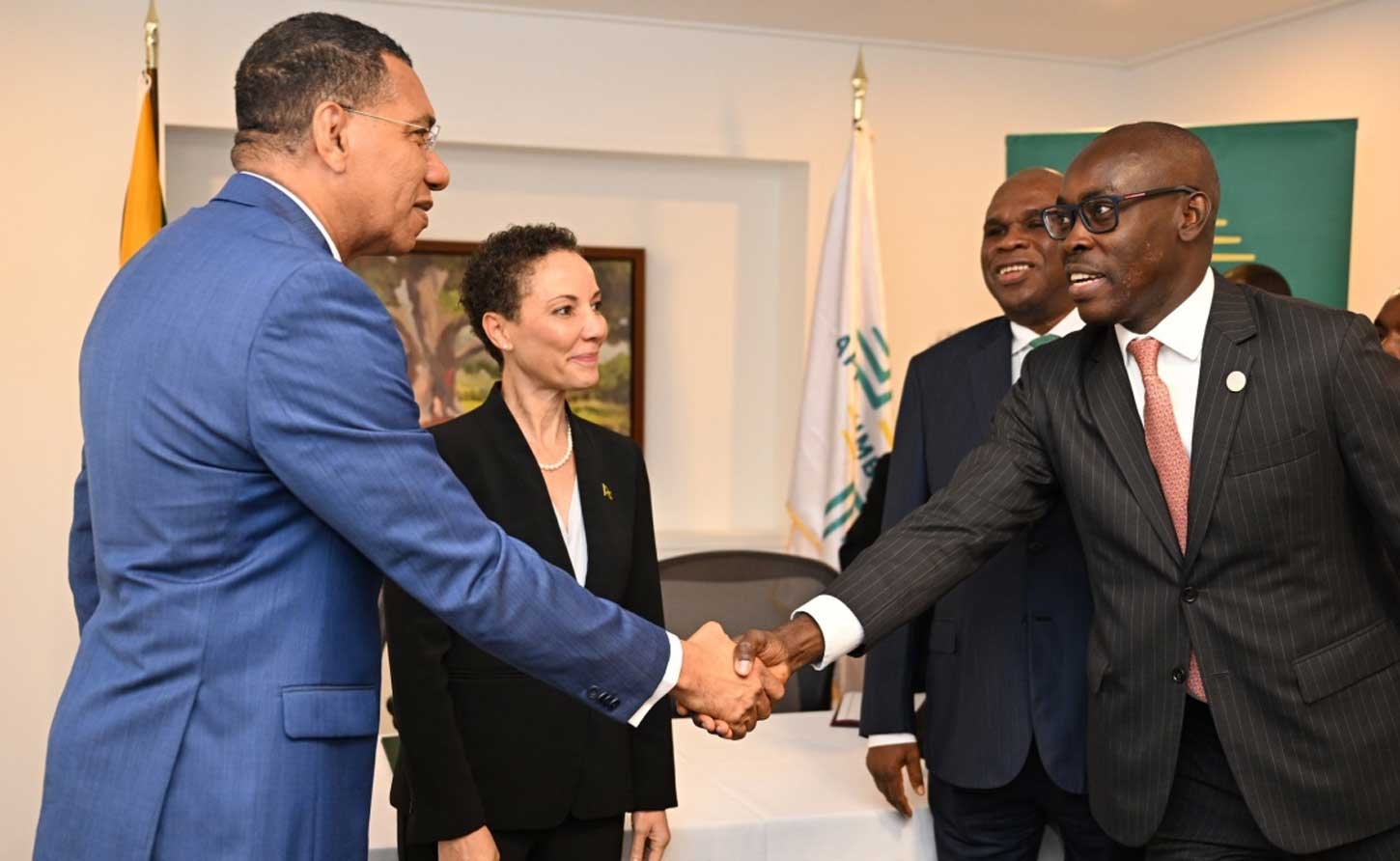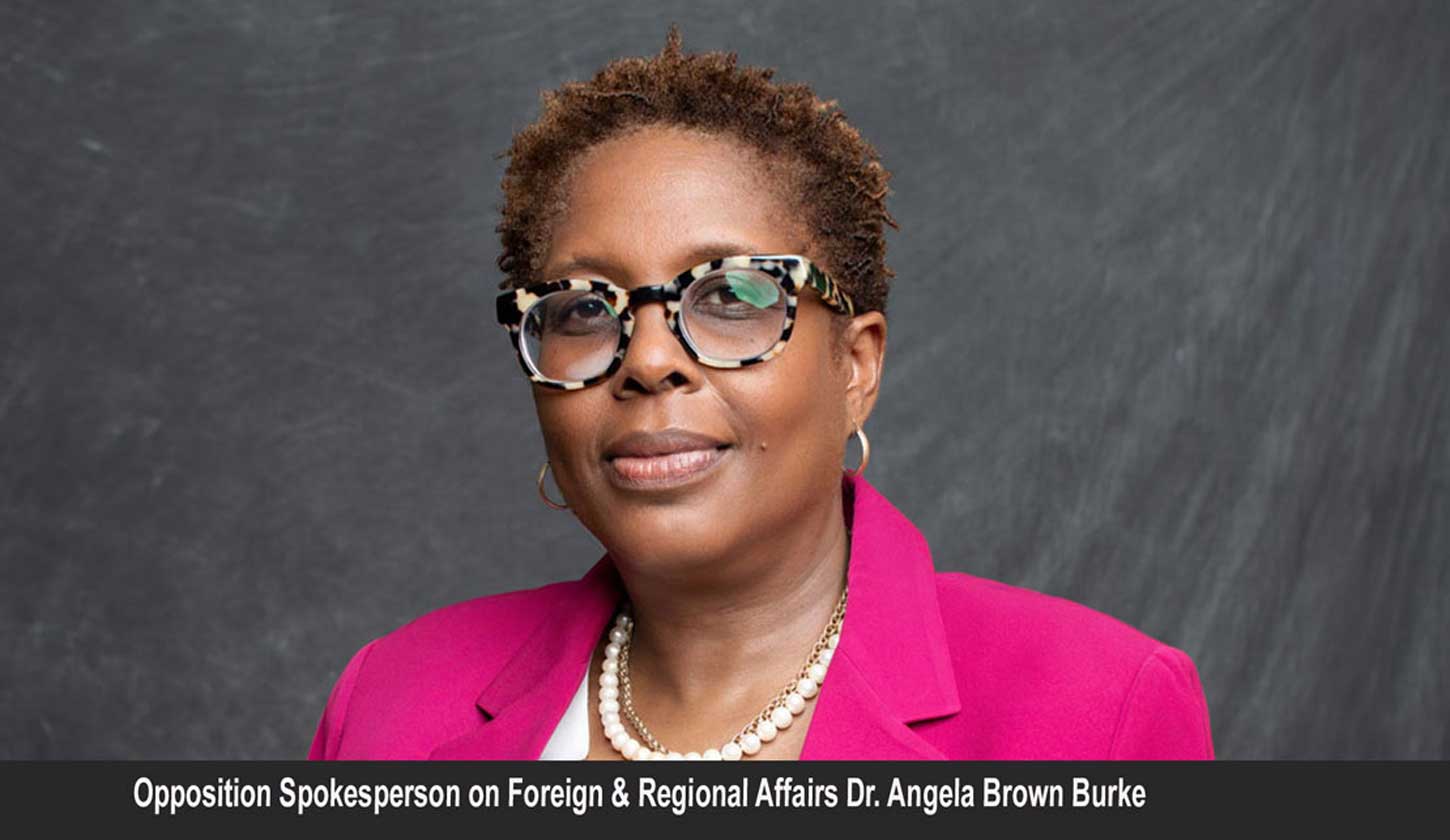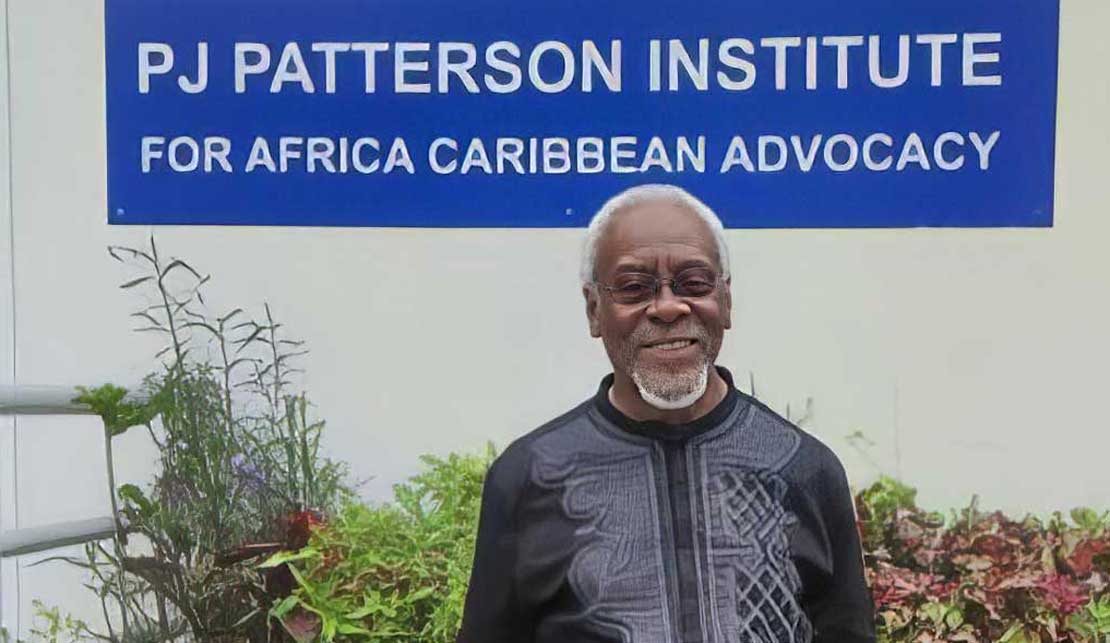CARICOM | Jamaica's Billion-Dollar Gamble: Can Africa Save the Caribbean's Economic Future?

KINGSTON, Jamaica, July 10, 2025 - Jamaica has finally joined the Africa-Caribbean economic dance, but the question isn't whether it can afford to participate—it's whether it can afford not to.
The Opposition People's National Party has welcomed the long-awaited accession of the government of Jamaica in joining other CARICOM members in signing on to the African Export-Import Bank since its introduction to the region in 2022.
The PNP's endorsement of this belated move rings with the fervor of a nation grasping for transformative change, yet the reality behind the fanfare reveals both tantalizing opportunities and sobering challenges.
 With Jamaica's formal signing of the partnership agreement making it the 13th CARICOM member to join, the island nation unlocks access to $1.5 billion in financing support, bringing Afreximbank's total commitment to the Caribbean region to $3 billion.
With Jamaica's formal signing of the partnership agreement making it the 13th CARICOM member to join, the island nation unlocks access to $1.5 billion in financing support, bringing Afreximbank's total commitment to the Caribbean region to $3 billion.
But this milestone comes at a moment when Jamaica desperately needs economic diversification beyond its traditional tourism and bauxite pillars.
The timing couldn't be more crucial—and arguably, more overdue. Despite Jamaica's celebrated success in slashing its debt-to-GDP ratio from 144% in 2012 to just 72% in 2023—a feat that has earned international acclaim—the country's economic growth remains stubbornly anemic.
After four decades of little or no growth, the Jamaican economy is expected to grow at just 1-2% over the medium term, hardly the robust expansion needed to lift living standards or create meaningful employment.
That the government has taken three years since Afreximbank's Caribbean introduction to formalize this partnership raises questions about the administration's commitment to regional integration.
Here lies the fundamental tension: while the Opposition PNP now welcomes this partnership as a pathway to prosperity, the harsh arithmetic of Africa-Caribbean trade tells a different story.
Current bilateral trade between Africa and the Caribbean stands at just $729 million annually, with the two regions exporting less than 3% to each other despite their shared history and cultural ties.
Even optimistic projections suggest trade could reach $1.8 billion by 2028—impressive growth, but still a fraction of Jamaica's economic needs. The PNP's restraint in celebrating what amounts to Jamaica playing catch-up with its CARICOM neighbors speaks volumes about the government's tardy approach to regional economic integration.
The AI initiative that accompanies Jamaica's accession reveals both audacious ambition and uncomfortable realities.
Afreximbank's sponsorship of groundbreaking pilot AI hubs, coordinated by the P.J. Patterson Institute, aims to transform Africa and the Caribbean into competitive forces in the global technology landscape.
 Former Prime Minister P.J. Patterson's vision of developing "generative artificial intelligence industries in these regions into localised, knowledge-intensive and value and wealth creating globally competitive industries" sounds compelling on paper.
Former Prime Minister P.J. Patterson's vision of developing "generative artificial intelligence industries in these regions into localised, knowledge-intensive and value and wealth creating globally competitive industries" sounds compelling on paper.
Yet this technological leap forward faces stark realities. Jamaica's economy still struggles with fundamental structural issues: a bloated public sector, bureaucratic red tape, high crime rates, and a lack of skilled workforce contributing to slower economic growth compared to regional peers.
Can a nation wrestling with basic infrastructure and educational challenges suddenly position itself as an AI innovation hub? The disconnect between aspiration and capacity is jarring.
More troubling is the pattern that Jamaica has belatedly joined. Since 2022, at least 12 of the 15 CARICOM countries had already joined the partnership with Afreximbank before Jamaica's signing, suggesting either that the island was slow to recognize genuine regional transformation or reluctant to participate in what other nations saw as essential economic diversification.
The bank's track record offers both promise and caution—while Afreximbank's total assets and contingencies stood at over $40.1 billion at the end of 2024, the institution has yet to prove it can fundamentally alter the economic trajectory of participating Caribbean nations.
The geopolitical subtext cannot be ignored. As traditional Western funding sources become more discriminating and China's Belt and Road initiative faces scrutiny, Africa emerges as an alternative sphere of influence.
Patterson's warning that "the global order that has existed since the Second World War is imploding" and his call for Africa-Caribbean unity in the face of "rising global protectionism" reflects the Caribbean's search for new alliances in an increasingly multipolar world.
Shadow Minister Dr. Angela Brown Burke's optimism about leveraging "Africa's mineral resources alongside the Caribbean's strategic logistics advantages to create a powerful economic alliance" embodies the hope that geographic and cultural affinity can translate into economic transformation.
But hope alone won't overcome the structural barriers that have historically limited South-South trade—weak logistics networks, regulatory misalignment, and limited financial infrastructure.
The success of initiatives like the Caribbean Payment and Settlement System (CAPSS), which eliminates the need for US dollars in trade transactions, offers genuine progress toward regional integration.
Yet such technical innovations, while valuable, cannot substitute for the hard work of building competitive industries and addressing fundamental productivity challenges.
As Jamaica embarks on this Africa-Caribbean journey, the stakes extend beyond economics to questions of sovereignty and self-determination.
The partnership represents a bold bet that shared heritage and mutual interest can forge new pathways to prosperity.
Whether that bet pays off will depend not on the size of credit facilities or the grandeur of AI ambitions, but on Jamaica's ability to transform promise into measurable progress.
The PNP's celebration may be premature, but their instinct is correct: in an uncertain global economy, Jamaica needs every viable option for growth and development.
The Africa-Caribbean partnership offers one such option—neither panacea nor dead end, but a calculated gamble that could reshape the island's economic future.
The real test lies not in the signing ceremonies, but in the grinding work of implementation that follows.
-30-
